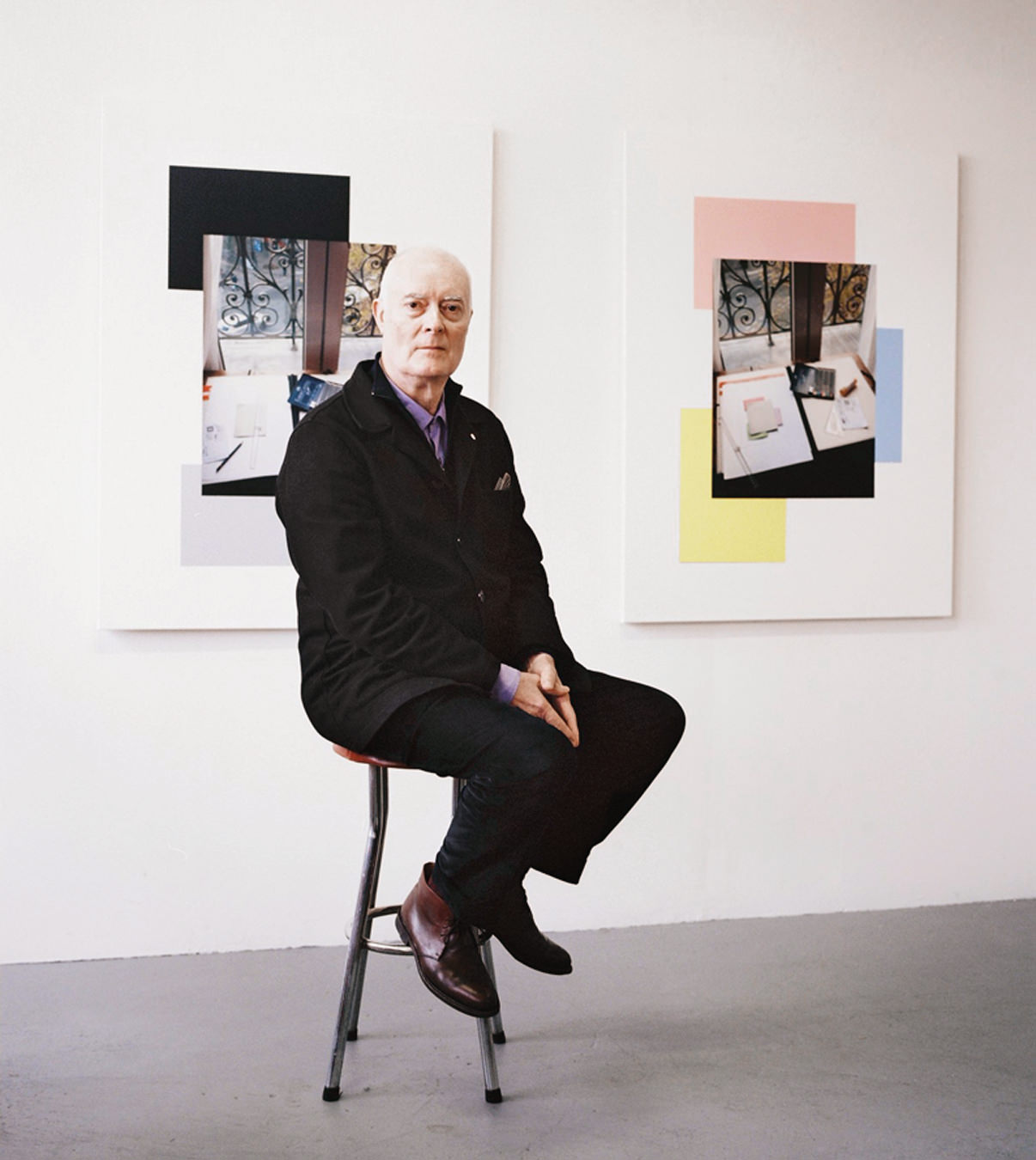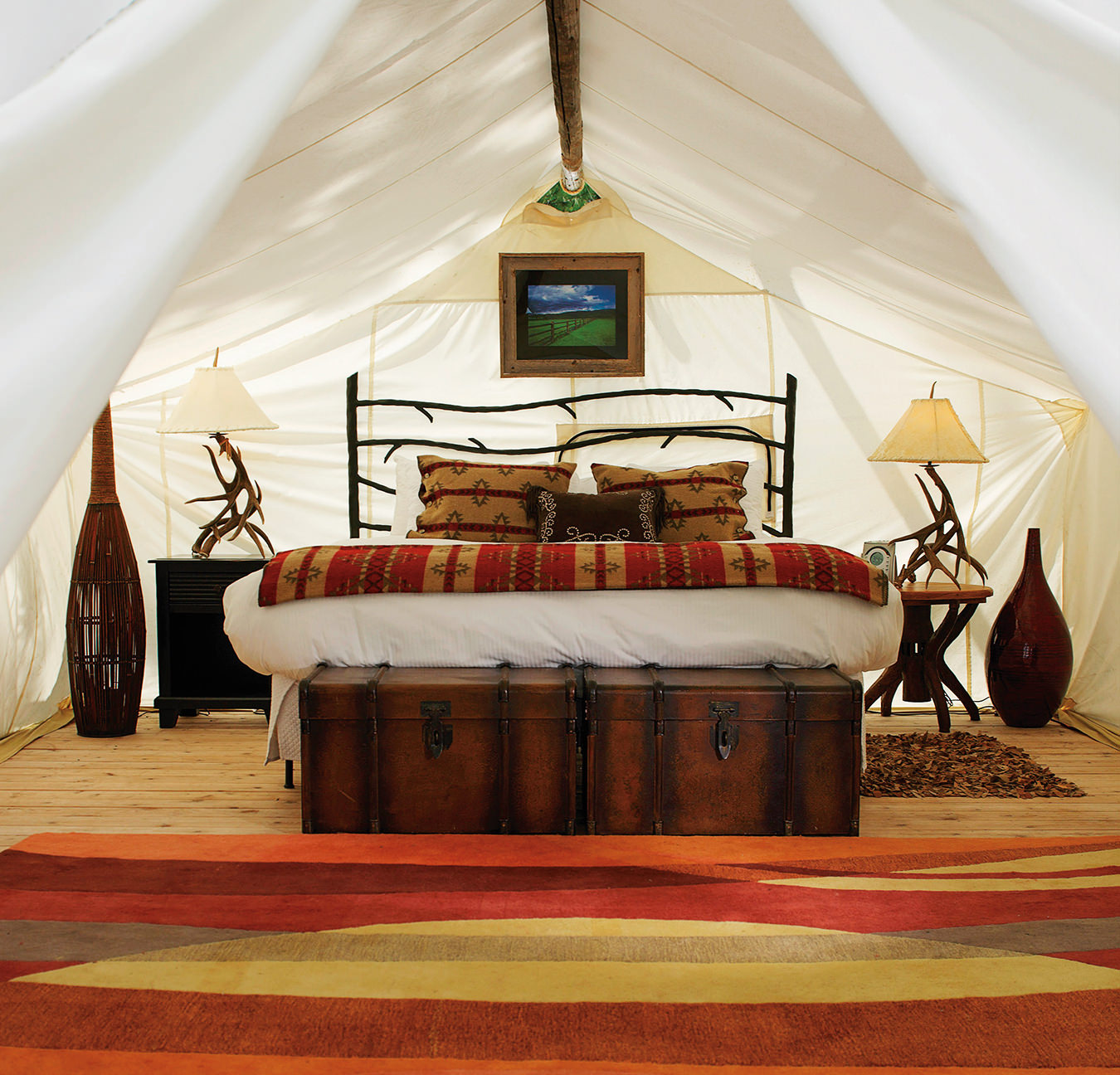The Adelaide Project in Toronto Aims to Revolutionize the Interior Design Process
Life lights.
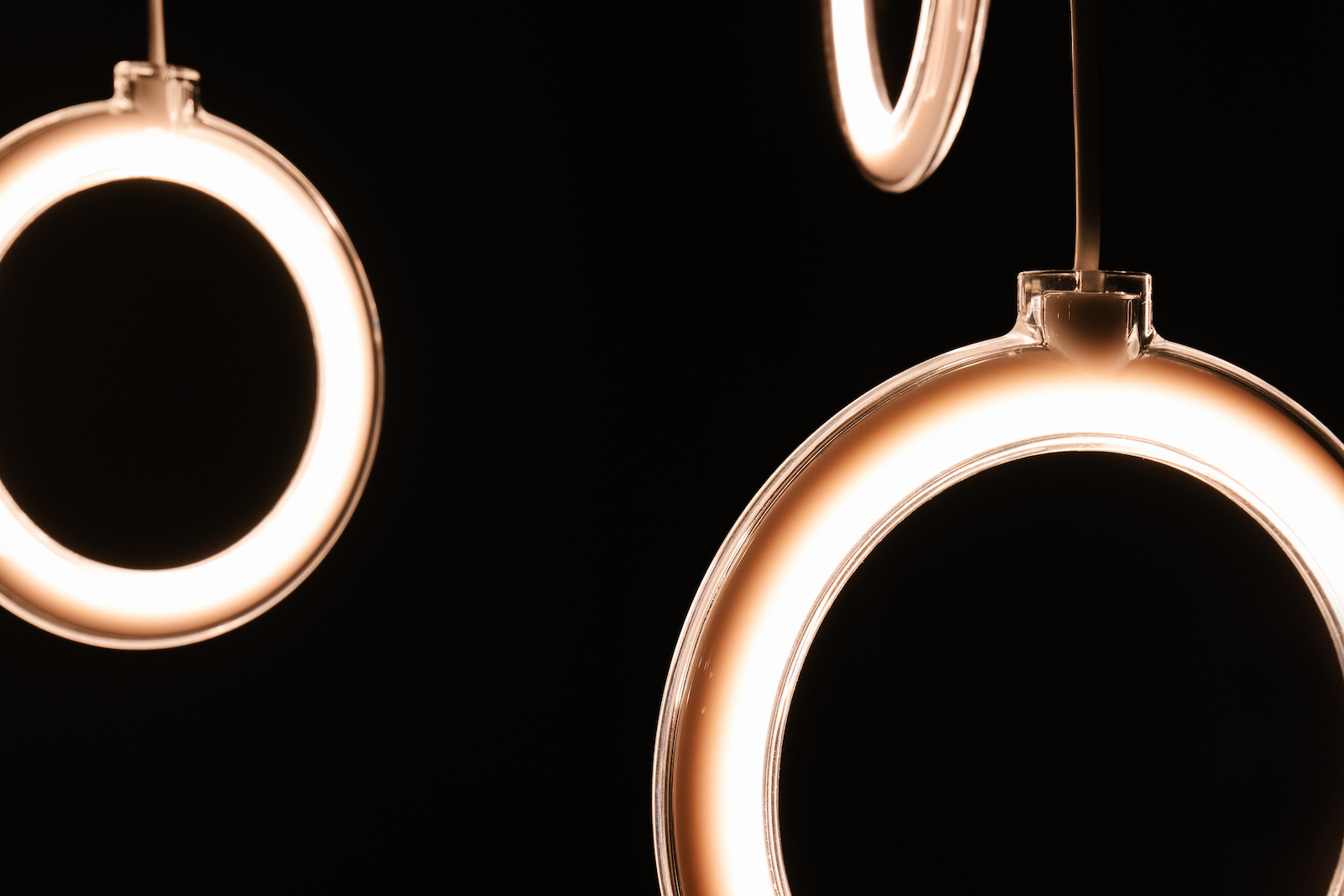
When someone wants to change the aesthetics of a city or of a scene, they usually start with the restaurants and bars, the hotels and parks, or even the street signs and information placards. Rarely do people, except for those interested in general style trends, focus on the house or the room when they set out to shift the way a city thinks about design.
But business partners and sisters Karolyn and Jennifer Pott are making strides toward this very ideal with their new venture the Adelaide Project, an undertaking unprecedented in the lighting design scene. Second generation owners of TPL Lighting, the Potts have started their aesthetic revolution in a place essential to the design process but not often reconceptualized: the showroom.
The pair noticed that traditional showrooms were often overlit and did not provide insight into actual lived environments. “The project was born out of challenges we were seeing in the industry,” says Jennifer. These difficulties include the increasing commoditization of lighting, the blurring of lines between retailer and manufacturer, and the transformations of the digital age. The way that lights were presented to the buyers had to change.
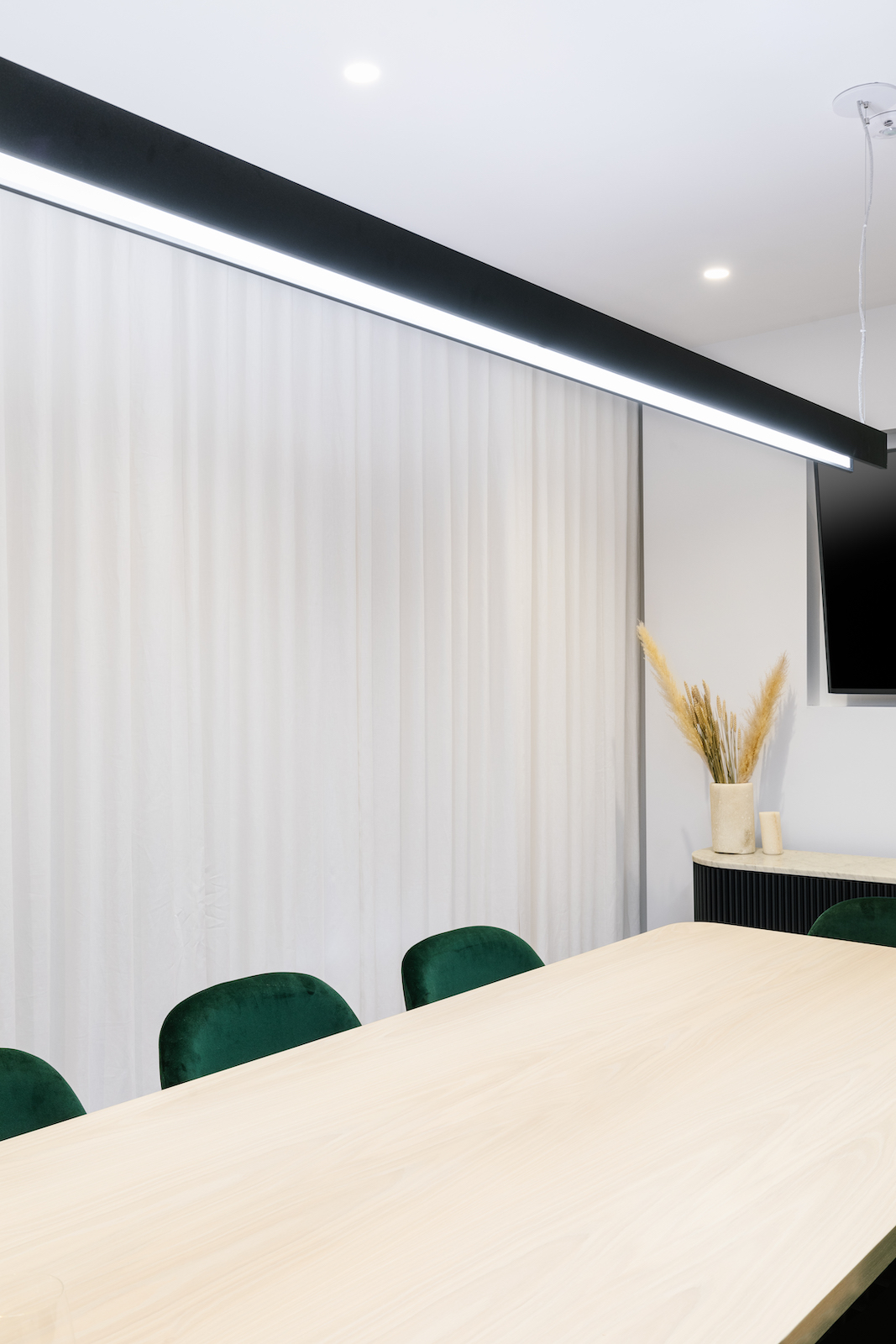
The project is in a renovated heritage house in the heart of Toronto. Working with partners in interior design, TPL meticulously designed each room to showcase the lights of the 40 brands they stock. “One of the things we were seeing in the lighting industry is that it shouldn’t be just about the product,” says Jennifer. “We should be thinking more holistically about how lighting is an integral part of the design process. We want to bring to life through the Adelaide Project how lighting is a versatile and effective way to bring the spirit of a space to life in the context of the overall design.”
In many ways, the Adelaide Project resembles an art gallery. The interior even features art curated by Toronto’s Stephen Smart. The Adelaide house has been set up so that the fixtures in the room can be shifted on a quarterly basis to bring maximum value to both their partners and the clientele.
“We wanted to partner with likeminded companies to bring the lighting to life in the context of furnishing, art, decor, and so on,” says Karolyn—so that the space resembles the homes for which people are often purchasing.
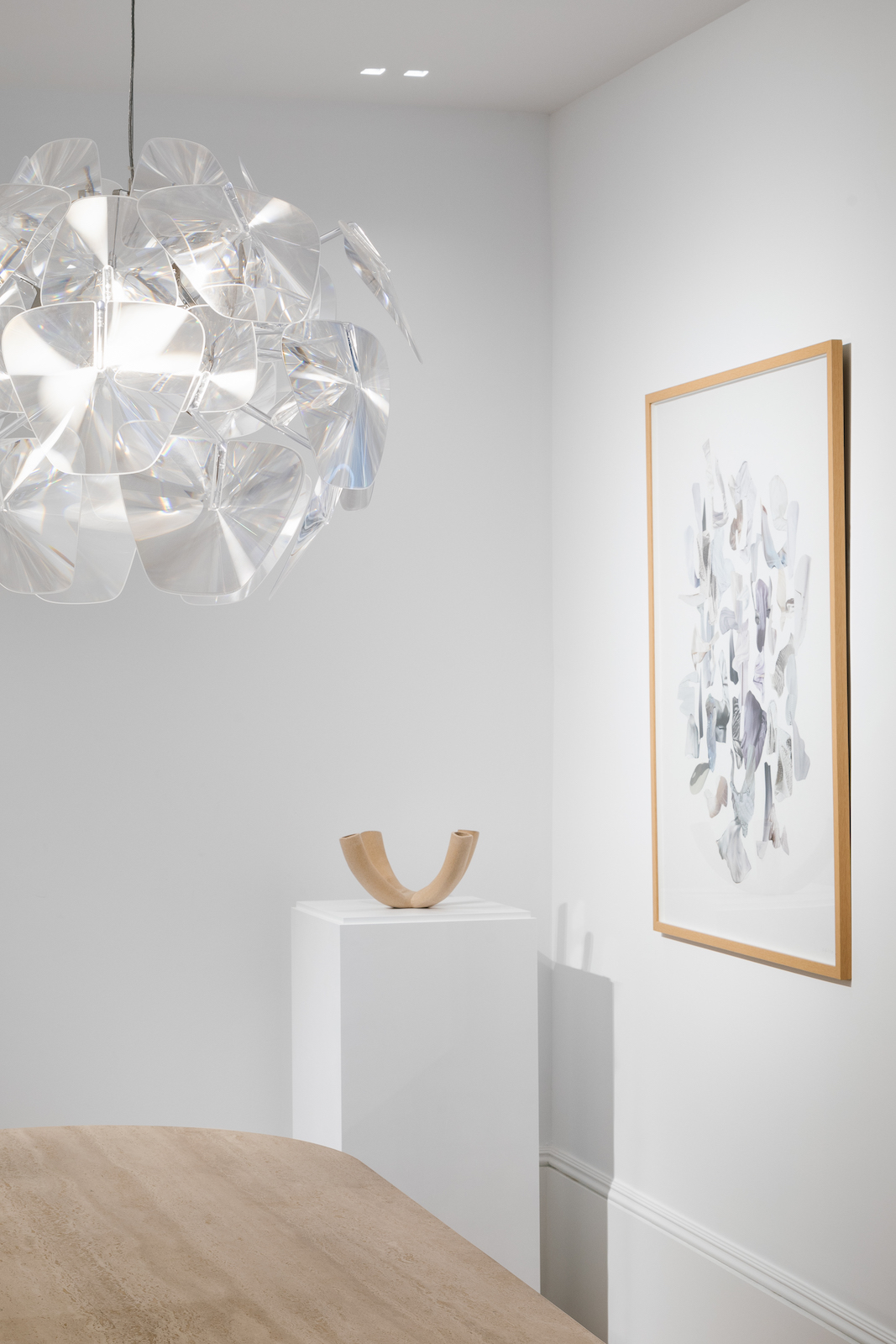
By operating on the axis of selection, with limited lighting and space, the Adelaide Project mitigates the information overload that often hampers the process of choosing lighting while inspiring people with the potential for what life could be like with certain lights, in order to, in Jennifer’s words, “Bring clarity, transparency, and collaboration to the journey.”
It may seem that this gesture is just another sales ploy, that the space merely imitates life—but this is not quite the case. Jennifer and Karolyn imagine the house being opens for talks, meetings, presentations, and for those trying to take a break and take in beautiful design during their lunch breaks or commute. They note that soon after the showroom opened, a firm hosted a family-style dinner in the Adelaide house’s fully functional kitchen. In this way the space is meant for not just commerce but also to inspire and to function as a sort of nexus for design in the city.
By creating a schema that works with existing structures, the Potts hope to change the feelings around the design process at the source, challenging the stale-feeling retail spaces with a truly multi-functional interior, all within a historical and cherished house. When they set out with the seed of their idea, they did not immediately plan on finding a house, but “the notion of restoring a heritage home in the heart of Toronto, which is a city where too often the solution is to tear down and build new, felt very aligned with our values from a business perspective,” says Jennifer. Through their attention to detail and appreciation for existing design, the attitude toward the city in general may change—at least that’s the hope. “We want to work with clients that put quality work out into the city, not just another big tower that has lights falling out of the ceiling,” says Karolyn.
The Adelaide Project is currently closed due to the pandemic, but the sisters were blown away by the positive reaction they got in the month or so that it was open. They look forward to getting the house back open soon.
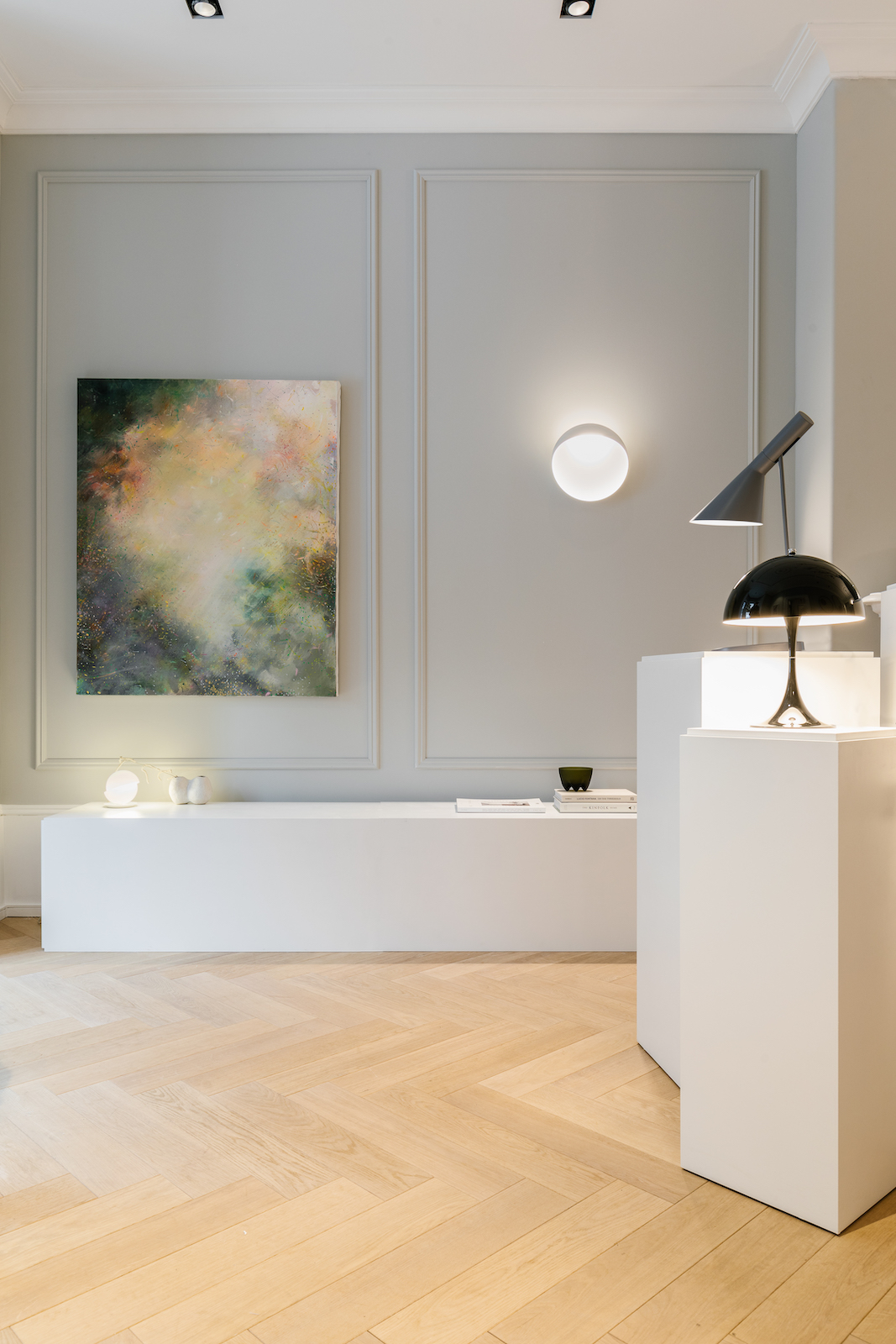
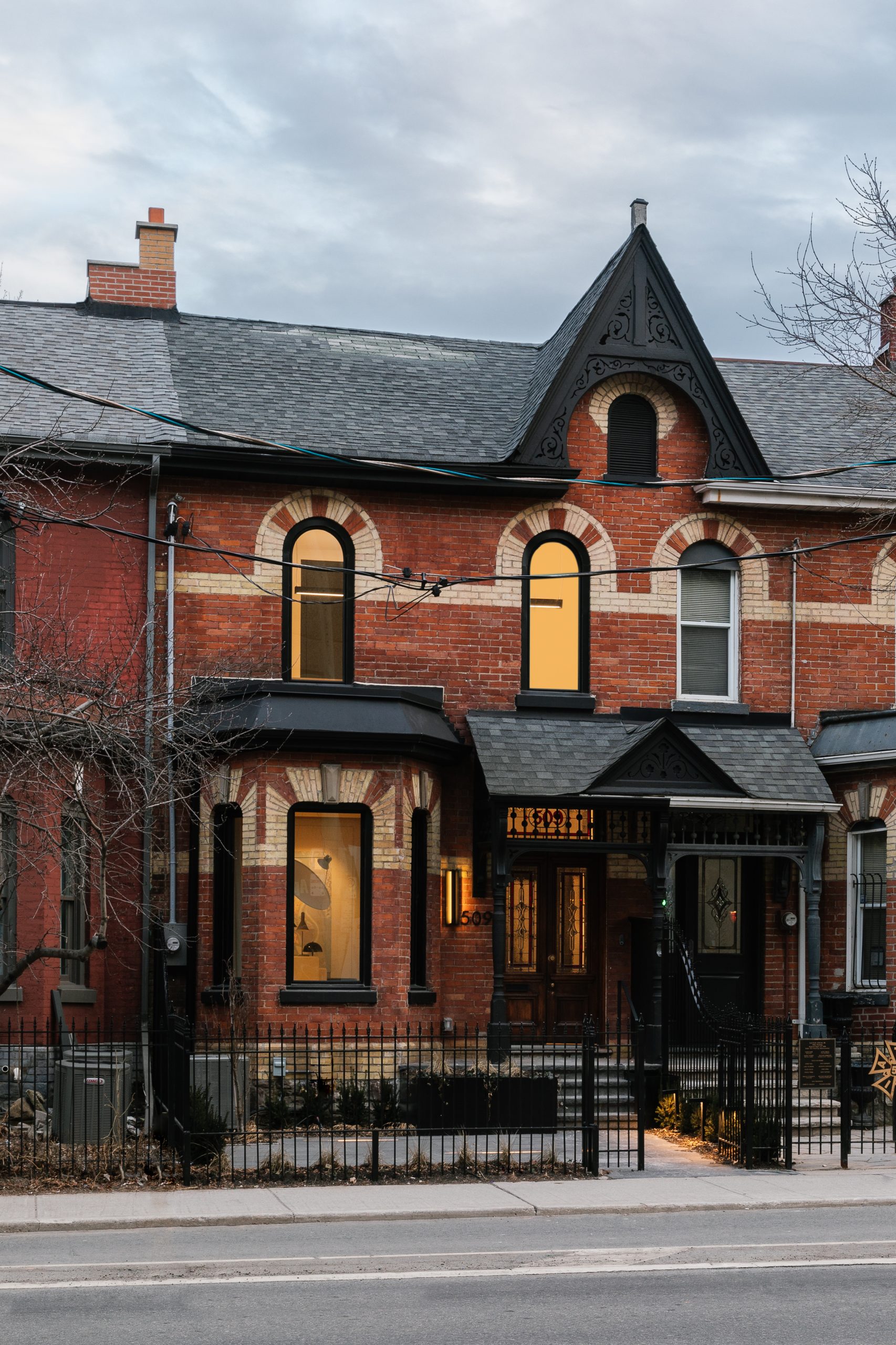
________
Never miss a story. Sign up for NUVO’s weekly newsletter here.



